Nicholas Carlisle interviews Alexa Scher, a clinical psychologist based in Johannesburg. South Africa faces a stark digital divide, with only 56.2% of the population online (Internet World Stats, 2019). Most children value the Internet for learning purposes but rarely use it at school or receive guidance from their teachers on how to use it. Children and young people are leading the digital uptake but this also means that they are more exposed to negative online experiences (South African Kids Online, 2016).
What form does Internet use take for young children in South Africa?
In upper middle class families, everyone has access to iPads, tablets and smartphones. But in the township areas you see a very different level of accessibility. Kids may have phones, but they struggle to get data because it’s very expensive. In the younger age group, zero to eight, children are accessing their parents’ phones, but they wouldn’t necessarily have data to go online.
Who is teaching these kids about the Internet?
The lack of access makes IT education really difficult. When it comes to assisting these parents with basic psycho-educational information, the temptation is to get them interested in researching things further on Google. But often they don’t have access to the Internet, let alone know how to Google the things they don’t understand.
Is the South African Government investing in digital literacy?
I highly doubt it. Our Department of Education is struggling in many ways, and acknowledgement of the need for digital education is something we haven’t arrived at yet. The one issue they do fund is substance abuse. This is a major issue in our schools, even at a junior-school level.
What about the schools?
So many schools are struggling to deliver basic teaching that there is no room to focus on digital citizenship. I worked at a school in a notoriously problematic township. The = principal had been fired for filming sexual interactions with some students and teachers. If that is happening at the principal level, it says a lot about where schools like that stand in terms of leadership responsibility.
I’m working with the South African Depression and Anxiety Group and a few times we’ve been called into schools where there has been a recent suicide. Teachers are at a loss. They are desperate to be provided with certain basic skills about what to do when a child comes to them with an issue that is happening at home. At times, what’s going on in these kids’ homes is really terrible.
At one school we had a group discussion with ten children, and three of them said they lived at home with no parents. Even if there are parents at home, there may be high levels of domestic violence and substance abuse. The difficulty is that a lot of the teachers live in the same communities, so they have their own problems to deal with. They may not be emotionally strong enough to handle what the children are bringing them, let alone know what to do to help. It’s a constant battle and they are overwhelmed. There is just not enough funding to provide the courses and programs these teachers need.
Are children being taught how to manage their feelings?
Some of the biggest issues our country faces are based in violence and toxic masculinity. In many of the different cultures – Afrikaans, Xhosa, Zulu – boys are taught that if you’re a man, you do not cry. We’ve got people growing up exposed to violence and multiple traumas, and never learning how to manage their emotions.
We have high rates of unemployment, so a lot of people have to deal with being unemployed and feeling disempowered. For many men, the expectation to provide for your family is strong, and being unemployed creates feelings of shame. When you consider the added pressure of racial discrimination, you see how their anger could boil over. When anger like this is brought into the home it perpetuates the cycle of violence.
We will not see major shifts until we can teach children to accept their own emotions and express them appropriately. We need to promote mental health and mindfulness in schools, rather than focusing on punishment.
What are your hopes for digital citizenship in South Africa?
I’m eager to find a solution to these problems using technology, but without kids needing to have data or money to pay for the service. This is one of the biggest challenges, since a lot of the communities that are most affected by violence and other traumas also have a very low level of connectivity, and nothing we do will be worth it if our solutions can’t be accessed by the majority of the people who need them.
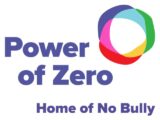
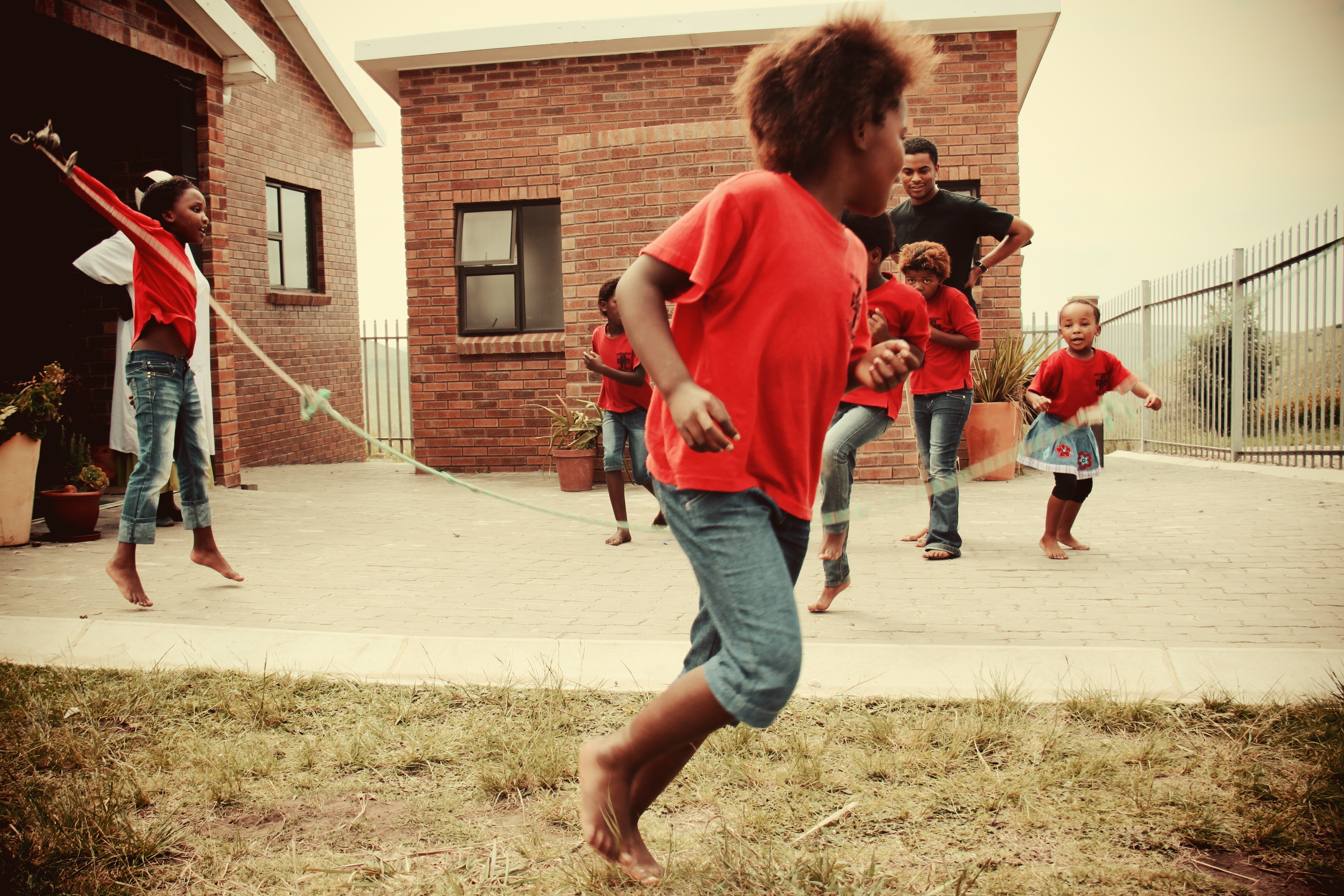
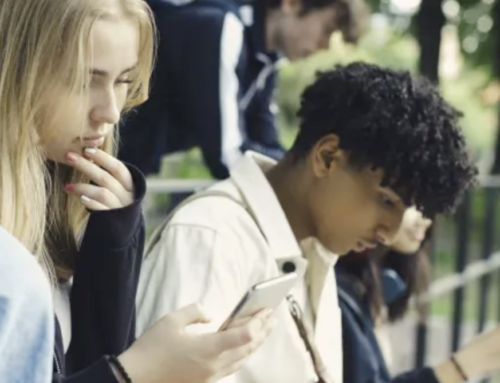
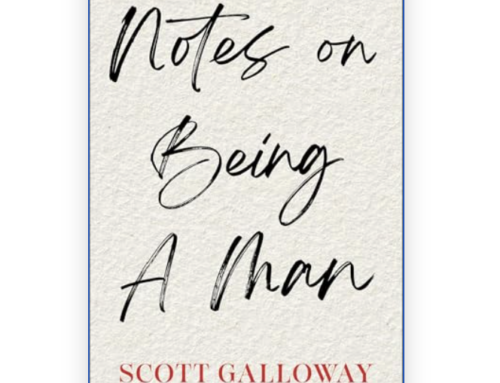
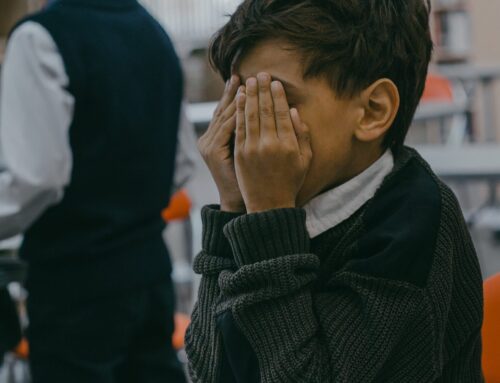

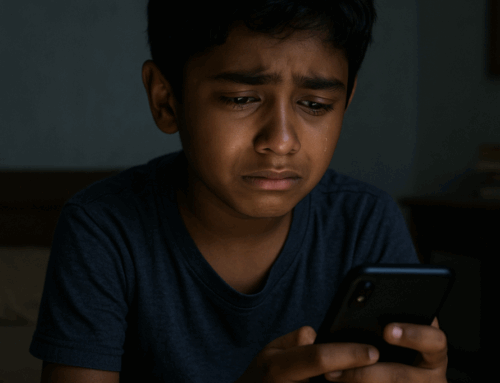
Leave A Comment